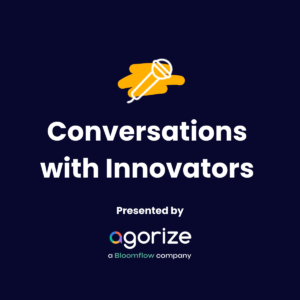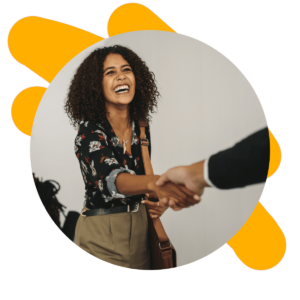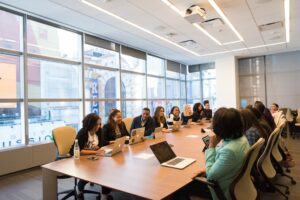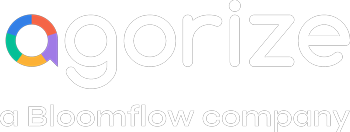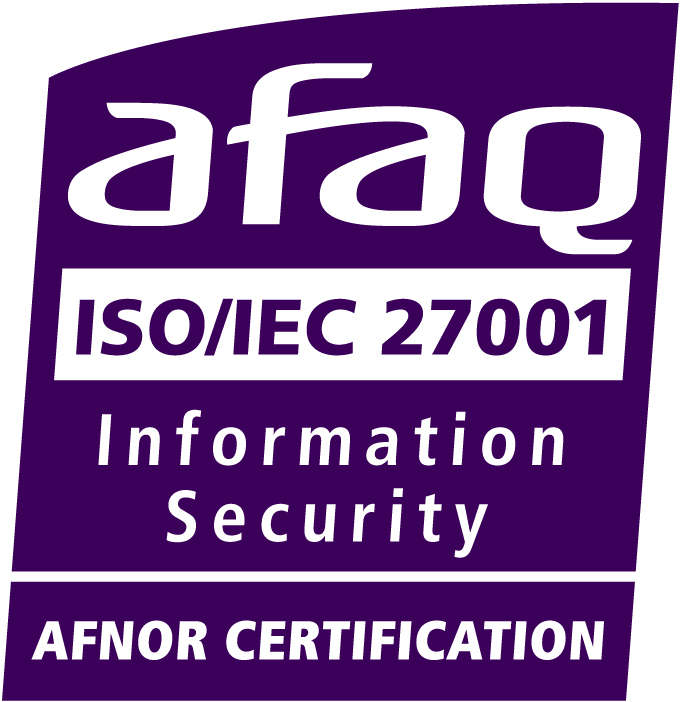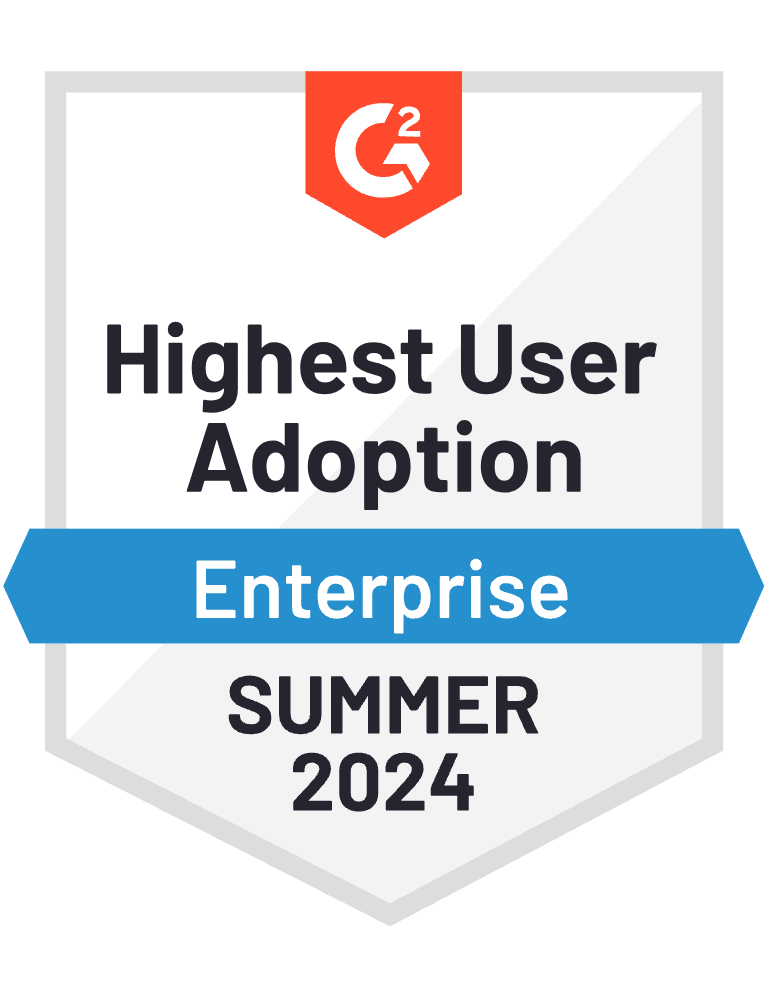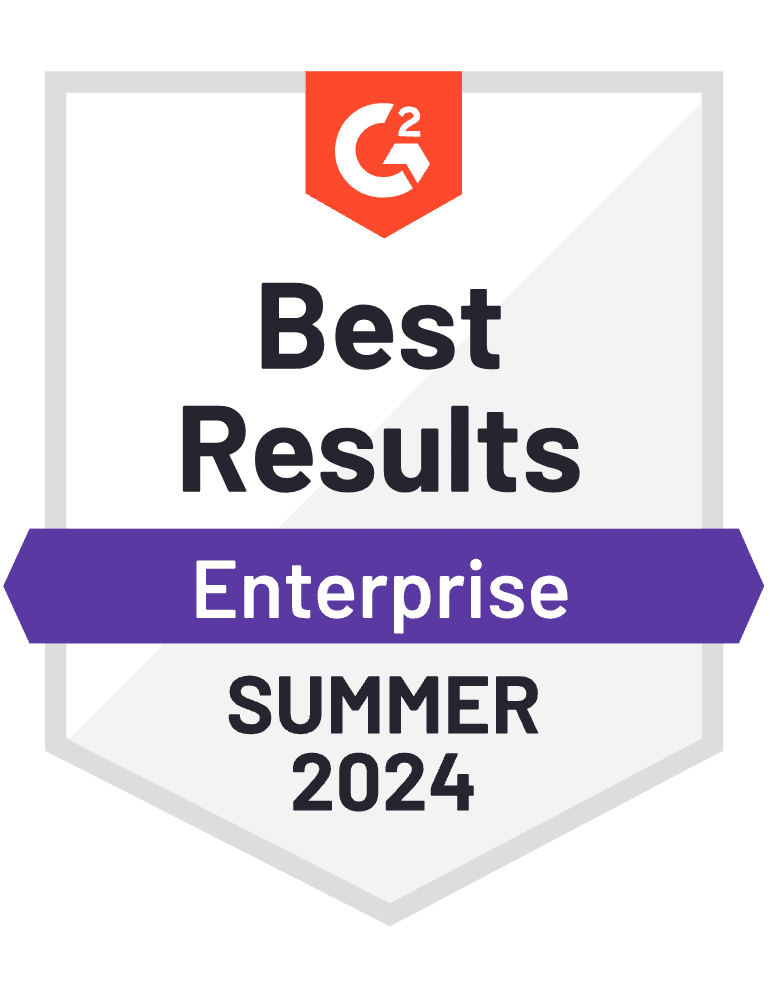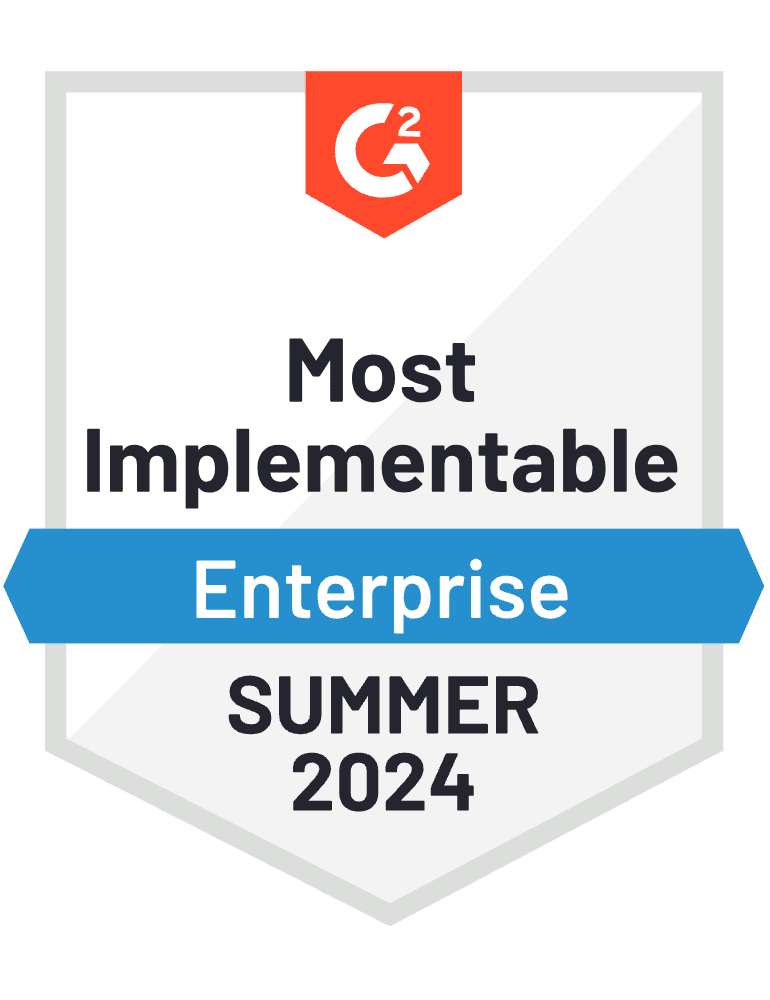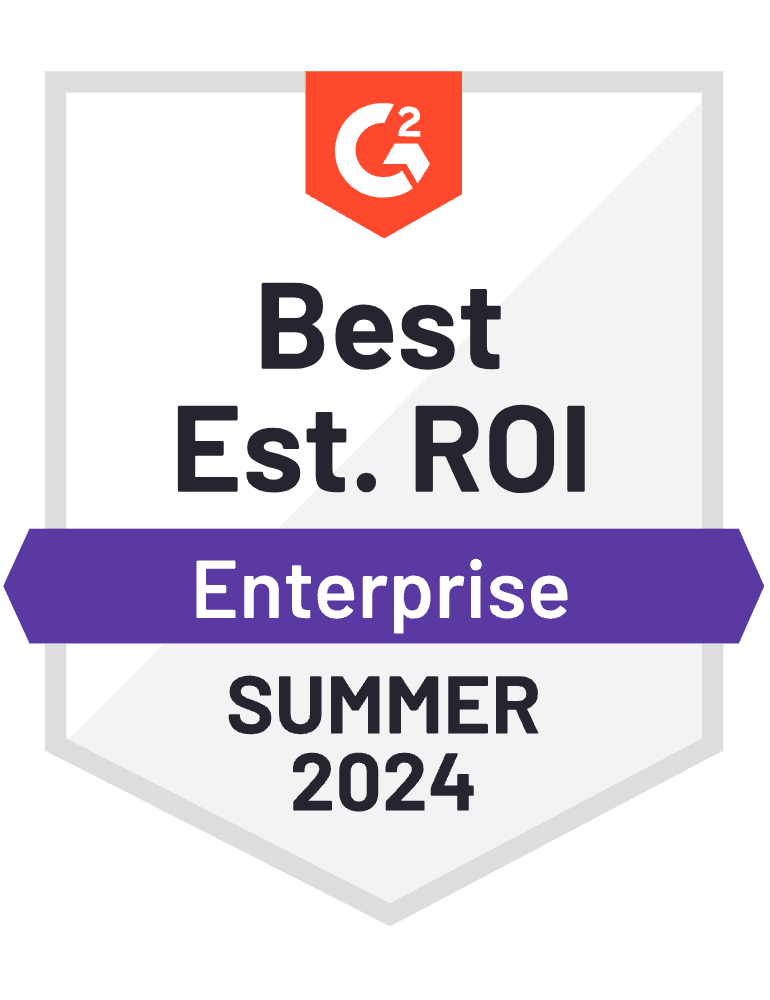We had the pleasure of speaking with Pauline Derrien, e-Health Innovation Project Leader at Novo Nordisk, to discuss the challenges Novo Nordisk faces in innovation, particularly in e-health, and the role startups play in these challenges.
As the lead for the startup competition ‘Actors of Diabetes‘ launched at the end of 2023 and culminating in a grand finale at Station F on January 30, 2024, Pauline shares her insights and experience from this startup competition.
Novo Nordisk is often cited for its successful product innovation. What are the main challenges you face today?
Pauline Derrien: Today, Novo Nordisk is primarily recognized for its innovative products and medical devices. However, we have little presence in the e-health sector, particularly in France. Our main challenge is identifying the right services that will improve the patient journey and make their daily lives easier.
We aim to go beyond products and offer concrete solutions that address the real needs of patients and caregivers.
How do you identify patients’ and caregivers’ needs?
Pauline Derrien: We have a guiding principle: working for and with patients. Therefore, we have set up a patient community focused on obesity and diabetes, where we can regularly ask questions, test ideas, and validate solutions we develop.
We analyze care journeys to better understand the challenges at different stages, particularly in chronic diseases. We also use focus groups and market research with healthcare professionals to gain insights into their needs and expectations.
Once these needs are identified, we define the actions we’ll have to implement, which led us to launch our startup competition last year.
What were the objectives of the “Actors of Diabetes” startup competition?
Pauline Derrien: We had three main objectives when launching this program:
- Identifying new solutions from startups that we hadn’t yet encountered—solutions with strong value propositions addressing diabetes-related challenges. Although Novo Nordisk is very present in the diabetes ecosystem and closely follows innovation, so many new solutions emerge that it’s difficult to track everything. A competition like this allows us to discover what we might have missed.
- Bringing together the diabetes startup ecosystem, healthcare professionals, and patient associations. These competitions allow startups to establish their presence in the ecosystem. During the final event, startups had the opportunity to meet key stakeholders they hadn’t connected with before (patient associations, healthcare professionals, developers of complementary solutions, etc.), which helped them grow, even if they didn’t win the competition.
- Positioning Novo Nordisk as a health innovation player. We wanted to showcase Novo Nordisk’s ability to innovate beyond traditional products, particularly in digital services, to support patients throughout their healthcare journey. This competition helped us demonstrate our potential in new areas of innovation.
Can you tell us about the final event at Station F and the two winning startups?
Pauline Derrien: The final was intense, featuring 10 startups selected from 38 submissions, with over 1,300 voters involved in the process. These finalists pitched in front of our jury.
We used the Agorize platform to evaluate the pitches in real time based on predefined criteria. This allowed us to deliberate quickly and efficiently to select the two winners:
- DiappyMed, the jury’s grand prize winner, is now finalizing a global partnership contract with Novo Nordisk. This collaboration gives them access to our developer portal and enables concrete progress with us.
- La Tribu des Supers, the “Coup de Cœur” award winner, continues its mission to promote its Super’Sitters service—specialized childcare solutions for children with type 1 diabetes.
Both startups were featured at our stand during the French Diabetes Society Congress (Société Francophone du Diabète) in March 2024, the largest scientific diabetes congress in France.
We also received excellent feedback from startups that did not win. Many thanked us after the final. One startup we were already in discussions with managed to connect with a patient association through our competition, enabling them to quickly move forward with a concrete project. Even though they didn’t win, they gained visibility and new collaboration opportunities.
What advice would you give to startups looking to collaborate with large healthcare companies?
Pauline Derrien:
“My first piece of advice is to understand that nothing happens without collaboration.”
Healthcare is a complex field, and no startup can succeed alone. It is crucial to involve healthcare professionals and patients from the very beginning and ensure that solutions are technically and practically validated.
Public institutions also play a key role in establishing interoperability standards, ensuring solutions work seamlessly together—particularly in e-health innovation.
Any final thoughts?
Pauline Derrien: We hope to organize a third edition of this competition. The first two editions have demonstrated the value of this initiative. We have learned a lot, and we are convinced that the innovation ecosystem will be even more engaged in the next edition.
A big thank you to Pauline Derrien for sharing her insights.

